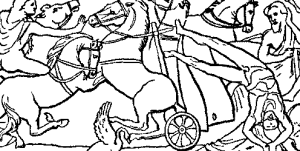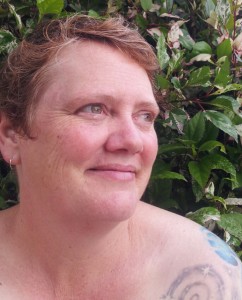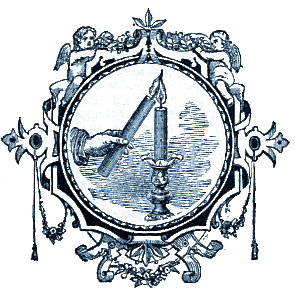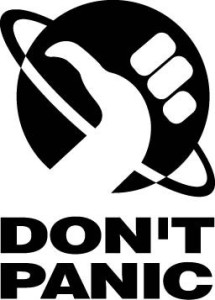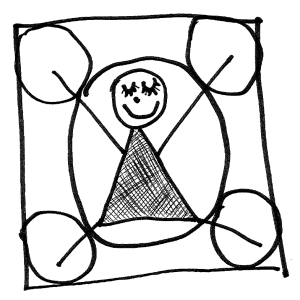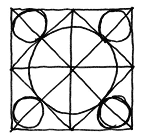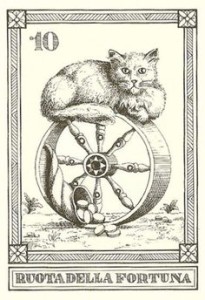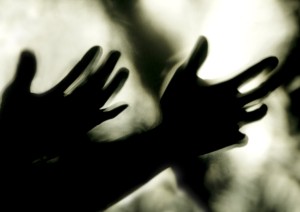 Such a simple act, asking, a transaction we take for granted … until we need it. Then it is hard to ask for help and even harder to accept it. When we need it most, our life is contracted and fearful and we shy from asking for help. Partly because we feel alone and partly because we believe we’re meant to do it alone. Somehow it is ‘cheating’ if you get help or you’ll diminish your eventual standing as a hero.
Such a simple act, asking, a transaction we take for granted … until we need it. Then it is hard to ask for help and even harder to accept it. When we need it most, our life is contracted and fearful and we shy from asking for help. Partly because we feel alone and partly because we believe we’re meant to do it alone. Somehow it is ‘cheating’ if you get help or you’ll diminish your eventual standing as a hero.
The Hero’s journey
Our culture venerates heroes. The cult of the individual, of the “self-made man” and “supermom” those who seem to have endless amounts of time and energy to be focused, ‘together’ and successful. They battle uneven odds, villains, entropy and all manner of hurdles to win out at the end. Those stereotypes make it hard for normal people like us to feel adequate, to feel ok about wanting someone to help us. We want to be a hero. We want to be Sam or Frodo, off doing deeds that bards will sing about when in fact we’re at home in Hobbitton dealing with overdue bills, an infestation in the crop and illness in the family.
Part of the bigger picture is that it is too easy to slip into thinking in binary. This kind of “win or die” sloganeering that suits the need marketing firms have for dramatic impact is not helpful for general living or for remembering the infinity of possibilities that are available to us. The pervasiveness of hero-based entertainment distracts from our emotional development in respecting our connections and relationships. That is fairly fancy-pants way of saying that when we want deeper, honest, trusting and intimate relationships, we’re ready to learn more about dealing with conflict and about asking for help. Here’s a tip for advanced players – they’re the same thing.
Fighting for your life
When our world contracts to difficulty and we tighten up around the hurt, we’re likely to feel very alone. That perspective is defensive in nature, it is a way of protecting what little we have left and our claim on what was taken away. We aren’t open to a lot of possibilities, normally we attach or even fixate to a single outcome “I want it back the way it was” and moving through that is a hard road. Some people can never find their way out of that grief and anger.
Maybe it isn’t you, maybe you’re standing by someone’s side as they face a dreadful outcome. Maybe you feel useless, or rejected, or attacked as the person you most want to help lashes out at those closest with blind pain or fury. We’ve all been both of those people at one time or another. Did you find the courage to love them through that time, understanding that their actions at that time were a symptom only? Were you able to accept the unknowing of that time and stay committed to standing by them, no matter what? I bet you did. You’re probably thinking that was a no-brainer. Maybe in hindsight you wish you’d done more or been stronger. Rarely do we consider what transformations might happen if we are softer.
Softly does it
If we can soften (sweeten, gentle, trust, surrender – whatever is the word that makes sense for you) in that time of need we can use a different type of power to create possibility and transform our relationship to need.
Imagine you are looking for a chance to help someone every day, that you decided to do this for your own needs or atonement – in that instance you’re actively looking for someone who needs some help. It might be some spare change, or directions on a busy street corner that you can give. It might be listening over lunch to someone’s problem and remembering that there’s an ombudsman who handles appeals or using your personal network to find accommodation for a friend out of town during a medical emergency, or that as your friend’s house floods on the night of her big birthday party you offer to host the party at your place so that guests who are arriving from all corners of the state and city can still gather to celebrate. Those last three are all real, by the way, and from the last week or so. There are some truly wonderful people out in the world (and the ombudsman reclaimed a lost $9 000 so this is not just hand-waving).
But why softness? And what does this have to do with conflict? For a moment think back to the last time someone was unexpectedly nice or kind to you. Did you just feel your shoulders drop a little or your breath deepen a bit? Think of someone who has been endlessly kind to you, and supportive – can you glimpse that warm and fuzzy feeling then? If you can visualise that feeling, feel it, magnify it, this glowing sensation is compassion, it is a type of love.
Not sex love and not alone
Now that you’re a grown-up, you’ve begun to realise that there are all different types of love. Not just lust and adoration, other types too (the love as a friend or as a parent for example). When you can feel that love for strangers (and it is possible) or from an outside source, you’re experiencing divine love. You can learn it if you like (search for “compassion meditation”) it is not hard to get a handle on. One of the amazing side effects of doing simple compassion exercises is the immediate shift in your perception of being alone. Within the concept of divine love, or universal spirit, or cosmic unity (once again play around until you find the words that work for you), how can there possibly be such a thing as ‘alone’? There isn’t. We are, literally and figuratively, all in this together.
Even at a practical, basic, functional level you’re not doing it alone. Someone grew the food you eat and someone else drove it to the store. There’s lots of someones keeping the internet running, making your clothes, building the trains and plumbing and selling you a ticket at the cinema to see the films that other people made. In every area of our life we are part of a vast and interconnected web of people. Don’t be confused by all this talk about economies. Money is an agreement between people – it is the people who really matter. We are fundamentally interdependent and our culture’s veneration of heroes and of ‘individualism’ is an epic case of ego. Like so often with the ego, it leads you towards a less useful place to be in (thanks for nothing ego!).
Gentle hands
Sometimes it is only when you get knocked badly and your knees slam into the ground that you surrender enough ego to open up to grace. You don’t have to make it that hard for yourself, but if you do, try something different and soften up to ask and accept.
Holding a space for someone else (some with whom you may be in conflict) to not be ‘wrong’ in their actions or behaviours means there’s an opportunity for both of you to grown through the experience. It us a challenge to the ego and it does take a high-quality energy but the results are wonderful, they’re transformative. Try it. Call out bad behaviour or bear witness to your own conflict from a position of compassion that gives both of you respect.
When you are in the other position, or being tight and needful, remember that you are part of a whole that includes the possibility of expansion, inclusion and grace. Sometimes it is only when you get knocked badly and your knees slam into the ground that you surrender enough ego to open up to grace. You don’t have to make it that hard for yourself, but if you do, try something different and soften up to ask for help and accept that which is given.
We are all in this together.
 Creative writing is an act of faith. It is, of course, also a process and work and I will be taking my own advice in those regards but none of that can happen without the trust that inspiration will come. Do you believe in your muse? Do you have a creative faith that you can form something with your mind or hands that didn’t exist yesterday?
Creative writing is an act of faith. It is, of course, also a process and work and I will be taking my own advice in those regards but none of that can happen without the trust that inspiration will come. Do you believe in your muse? Do you have a creative faith that you can form something with your mind or hands that didn’t exist yesterday?